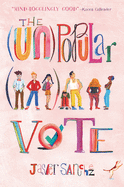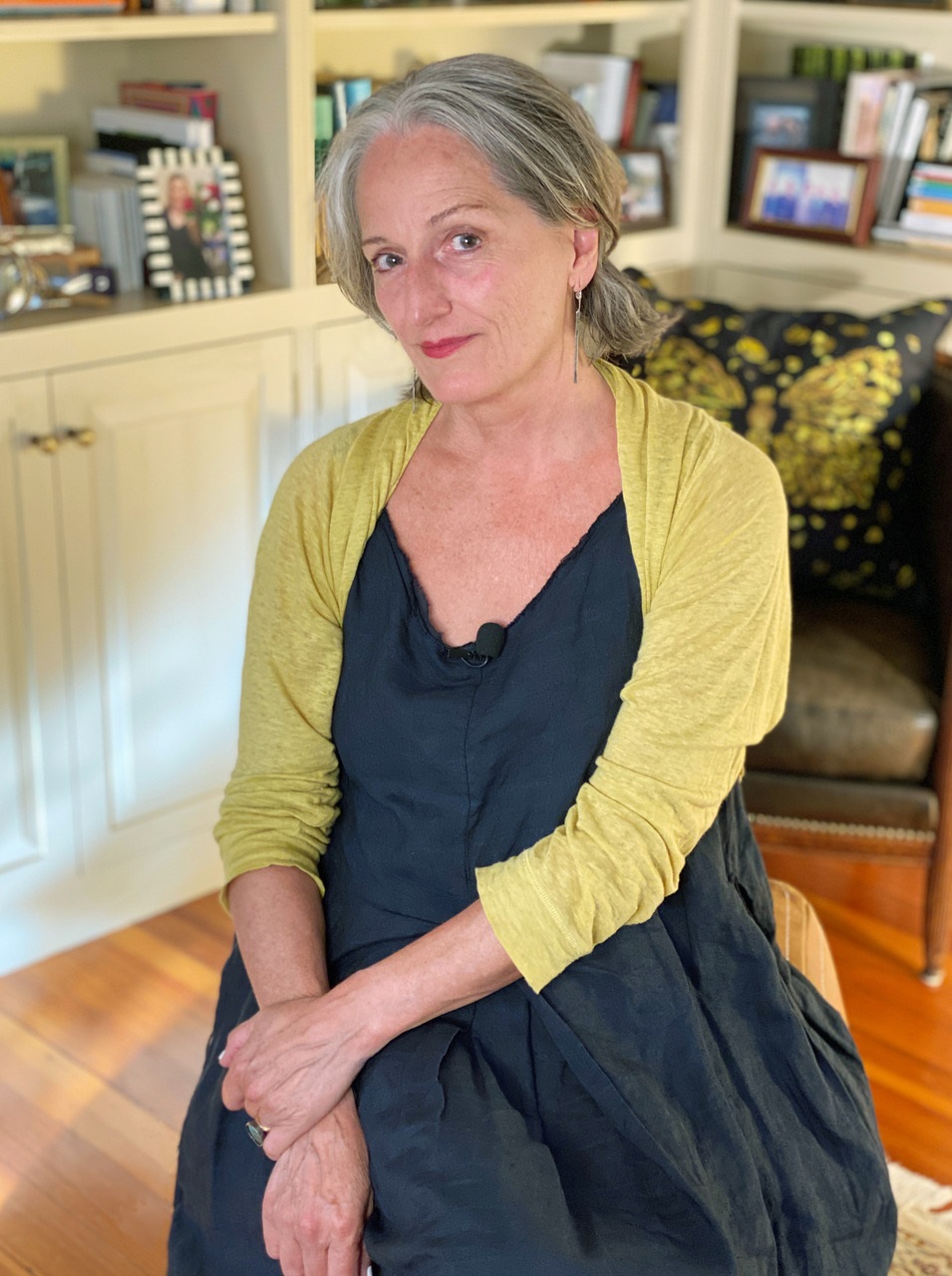 |
| photo: Michael Bavaro |
Maryanne O'Hara wrote and published short stories before researching and writing Cascade, a novel that explores "what lasts." It was the Boston Globe Book Club's inaugural pick, a finalist for the Massachusetts Book Award and a People magazine Book of the Week. Shortly after Cascade's publication, O'Hara's daughter Caitlin's lifelong cystic fibrosis worsened, requiring the family to uproot from Boston to Pittsburgh for more than two years to wait for a lung transplant. Little Matches: A Memoir of Grief and Light (HarperOne, April 20, 2021) is O'Hara's memoir of this time. Since Caitlin's death, O'Hara has become certified as an end-of-life doula, so that she may better speak to the state of end-of-life care in our culture.
On your nightstand now:
I recently finished Ayad Akhtar's Homeland Elegies, and it is exhilarating, a work of brilliance. My 25-year-old book club is reading Sigrid Nunez's What You Are Going Through, and oh my. It's the kind of novel I relish: stimulating and thought-provoking, a book best read with a pen. I just read the galley for Last Words on Earth by Javier Serena, which Open Letter Books is publishing in English in September. It's haunting and ruminative and will make your heart ache, a fictional biography of a Bolaño-esque figure. One of the dearest people in my life, my daughter's almost-sister, Katie Whittemore, translated it from the Spanish, and I am in awe of the work she is doing. I'm also in the middle of another translation, from the Danish by Misha Hoekstra: Dorthe Nors's Wild Swims. These stories are a marvel of compression--so much is suggested by what's left out. My daughter loved Paul Harding's Tinkers, and recently I found a note she sent the author: Let me start by saying how much I loved Tinkers, so much that I read it twice, turning right back to page one as soon as I finished. It brought me to a quiet, almost meditative place, which is rare for a novel, and was so wonderfully compelling in its character portraits and narration. Now I am reading her copy slowly, a few pages at a time, making illustrative notes and drawings in a reading journal. I'm also halfway through After, by Bruce Grayson. He accidentally became involved in near-death experiences research early in his career. His research is exact, compelling and it's telling to hear him acknowledge that as a young doctor, he feigned more skepticism about NDEs than he felt, terrified that such research would destroy his career.
Favorite book when you were a child:
My first obsession was a chapter book that was already then quite old and old-fashioned: Singing Wheels by Mabel O'Donnell, a story about pioneer life. It was terribly sexist, i.e., realistic, but it was detailed and immersive and made me long to live the life that existed before mass communication.
Your top five authors:
Alice Munro, always, for her ability to make genius story from anything. I grieve that there will be no more Alice Munro stories. Aside from Virginia Woolf, other "top" writers otherwise fluctuate, and at this point in my life, I would point to the books that meant everything to me during various periods: the drink-blurred beauty of the stories of John Cheever in my 20s; Milan Kundera's inventive Immortality, which intoxicated me with its fluid meditations on existence in my 30s; Patti Smith's M Train, which was my bible while we lived in Pittsburgh, waiting for Caitlin's transplant. Alan Lightman's Searching for Stars on an Island in Maine was my bible post-Caitlin.
Book you've faked reading:
There are times when I have purchased a book, looked through it, and will start to converse about it as if I've already read it, and then I realize what I'm doing and, um. Not a good feeling.
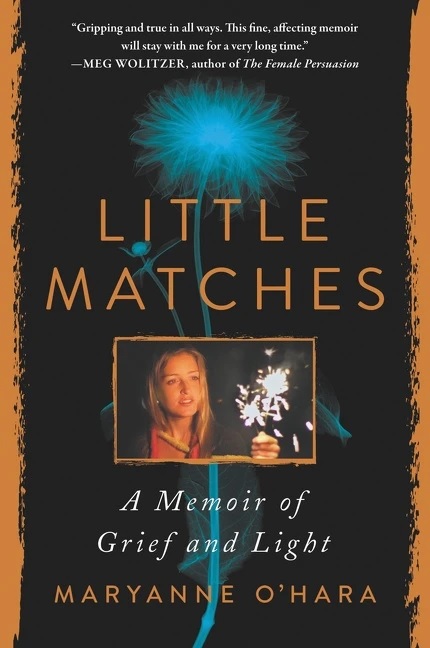 Book you're an evangelist for:
Book you're an evangelist for:
Most recently, Richard Powers's The Overstory. Trees were my first friends, truly, and I wept with appreciation for that book.
Book you've bought for the cover:
I bought the hardcover of Annie Proulx's Close Range for the color plates.
Book you hid from your parents:
A copy of Portnoy's Complaint, but honestly, it disturbed me. One of my first published stories was about a kid who was conflicted to be coming of age during a time of freewheeling sexual mores.
Book that changed your life:
I read Cormac McCarthy's The Road straight through, then went back to page one, read the entire thing again, then went out into my backyard and looked up at the stars and thanked every force in the universe that our planet, our lives, were still intact.
Favorite line from a book:
The title of my memoir, Little Matches, comes from one of them, a late passage in Virginia Woolf's To the Lighthouse: "What is the meaning of life? That was all--a simple question; one that tended to close in on one with years, the great revelation had never come. The great revelation perhaps never did come. Instead, there were little daily miracles, illuminations, matches struck unexpectedly in the dark; here was one."
Five books you'll never part with:
We are talking about physical copies that have meaning almost apart from the texts, right? Almost Dead, written and illustrated by Caitlin O'Hara, age 7. Hysterically funny. Her copy of The Stone Diaries. Our old To the Lighthouse, marked-up by both of us during school years. My faithful, plaid-covered Friend of My Youth by Alice Munro. The copy of Mary Oliver's Upstream we read to Caitlin while she was unconscious in the ICU.
Book you most want to read again for the first time:
Ishiguro's The Remains of the Day, Byatt's Possession, Kundera's Immortality, Tolstoy's Anna Karenina, Woolf's To the Lighthouse. Also, many individual stories come to mind: Chekhov's "The Lady with the Pet Dog"; Gogol's "The Overcoat"; Dybek's "Paper Lantern"; Munro's "Carried Away," "Differently" and "Meneseteung" and oh, so many of hers; Lahiri's "The Third and Final Continent"; Cheever's "The Swimmer" and "The Enormous Radio"; Baldwin's "Sonny's Blues." You can live inside some stories over and over again.
Art forms you would like to mix:
I welcome the mixing of the arts, creating a world for all the senses. HarperOne has done endpapers for Little Matches, and to create them, I assembled a tableau of images and objects from Caitlin's life. I recently recorded the audiobook for Little Matches and would have loved to include enhancements like the recording of The Sound of Silence that our Uber driver made and played for us as we left Pittsburgh for the last time. We did insert, in the afterword, a snippet of Caitlin's voice. I love printed words, of course I do, but I'm always conscious of the fact that storytelling started with speakers and listeners and drawings on cave walls.

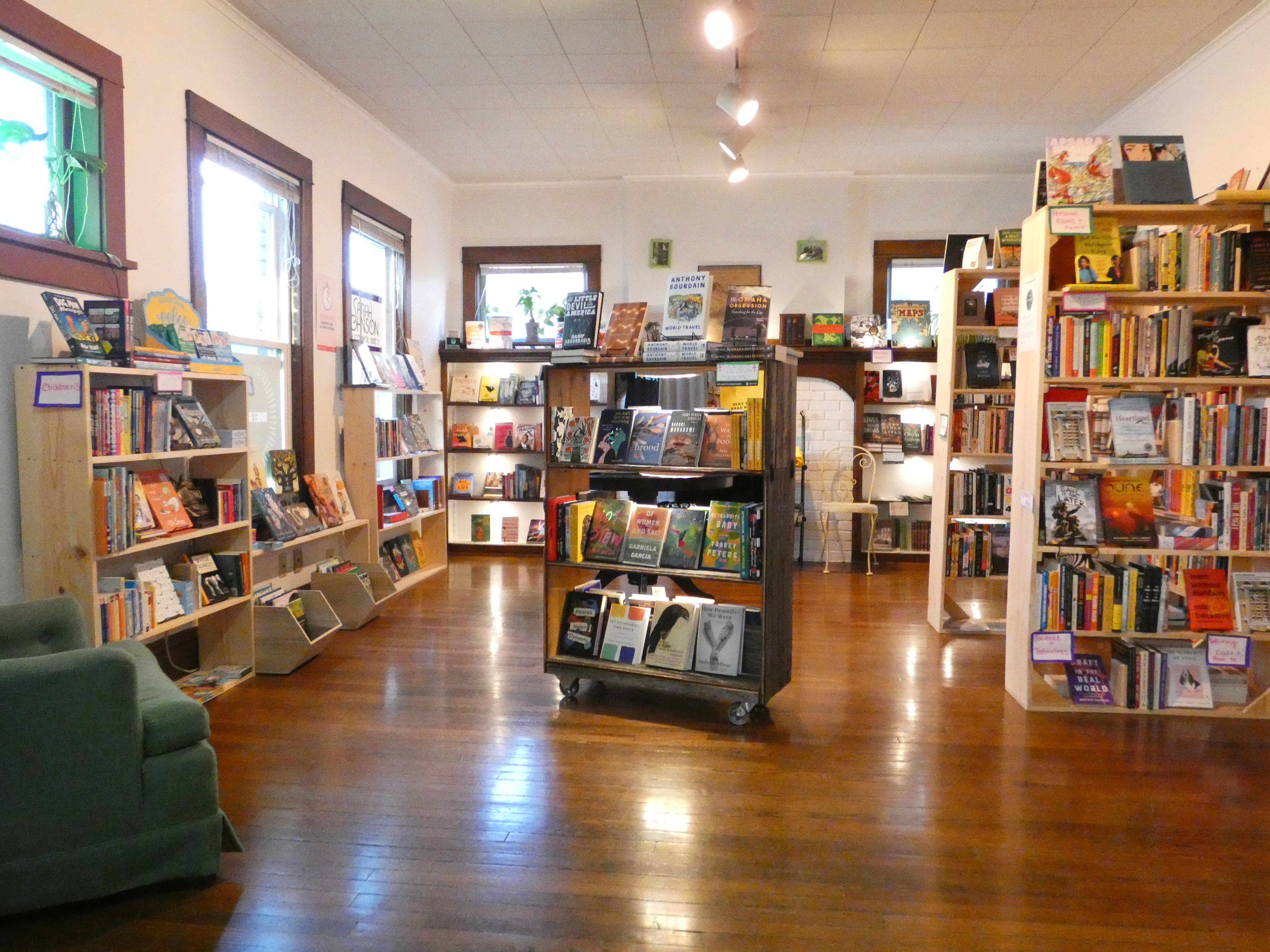










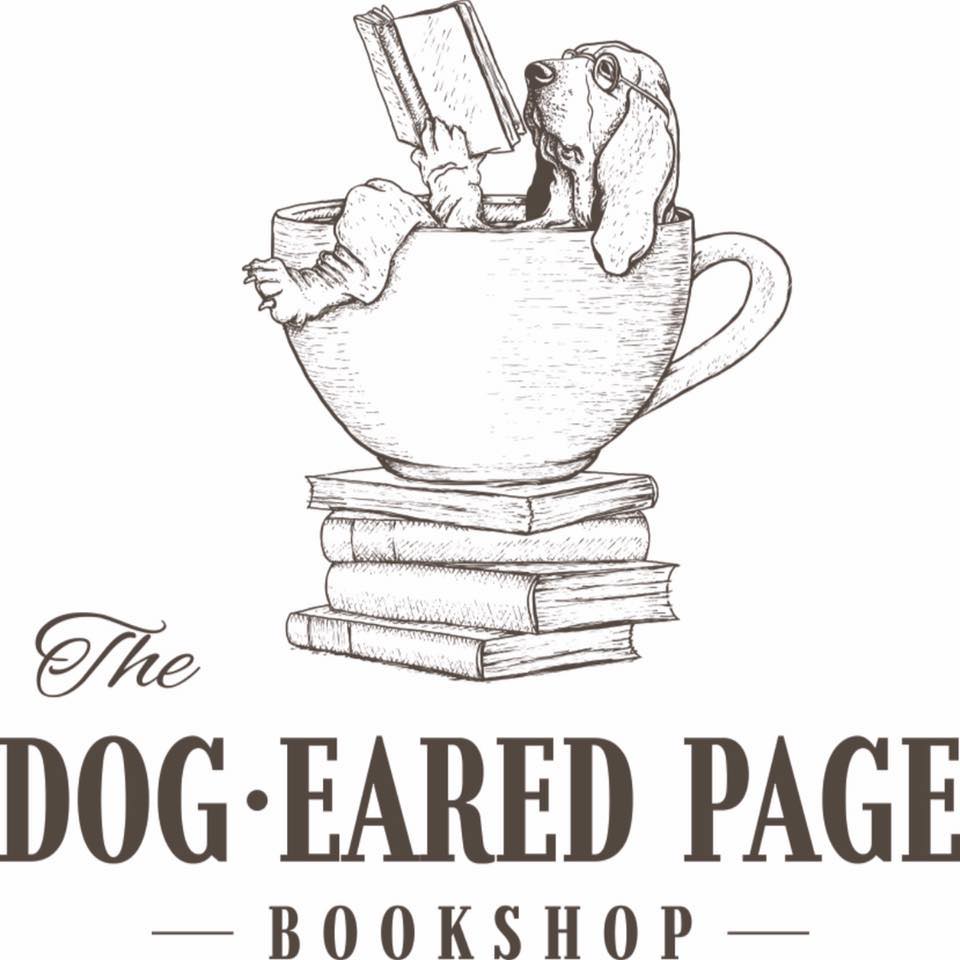
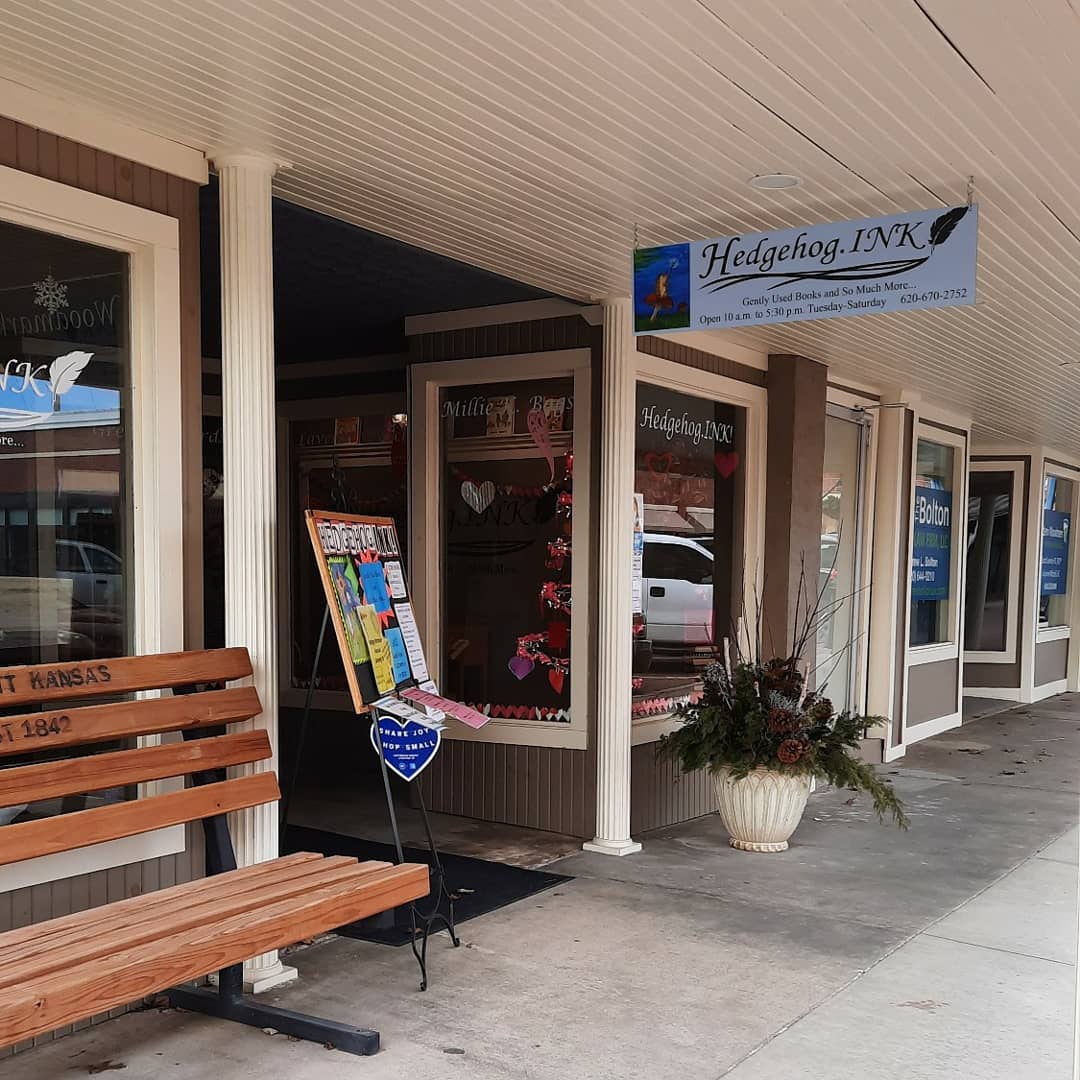

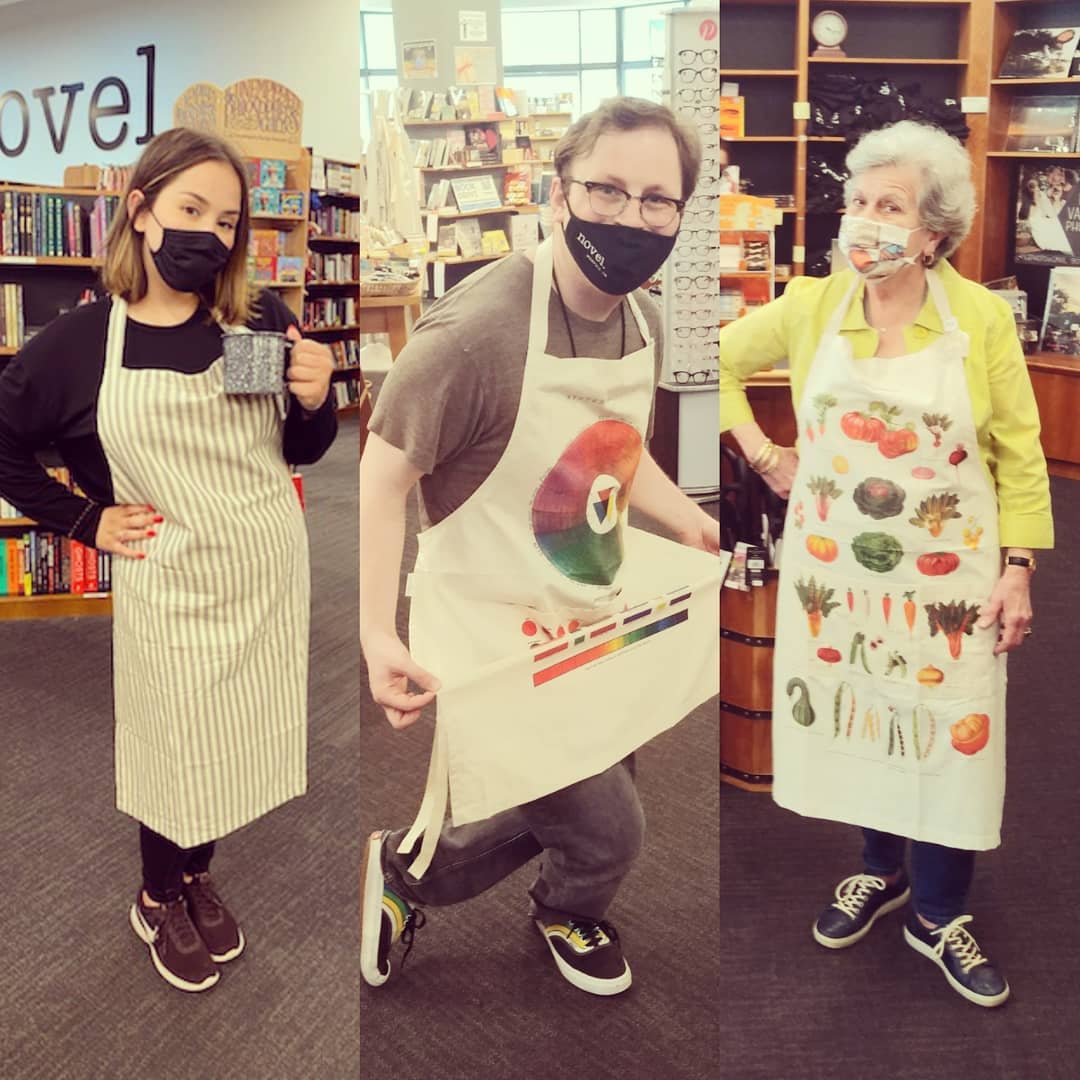 "Don't Forget this Sunday Is Mother's Day!!"
"Don't Forget this Sunday Is Mother's Day!!" 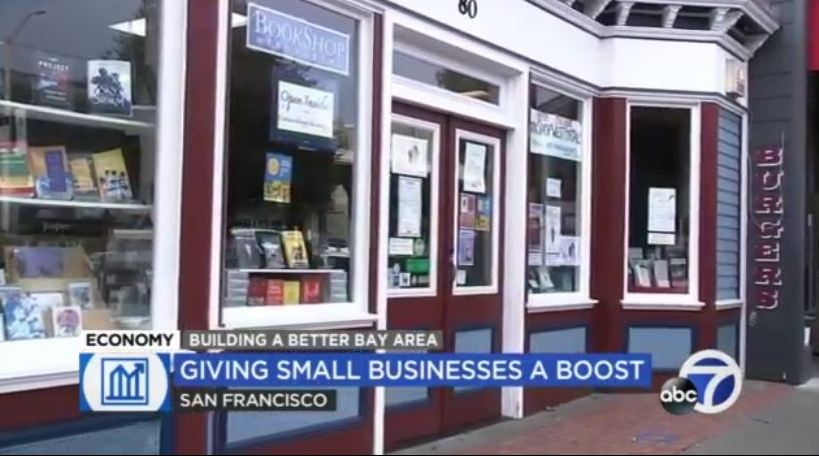
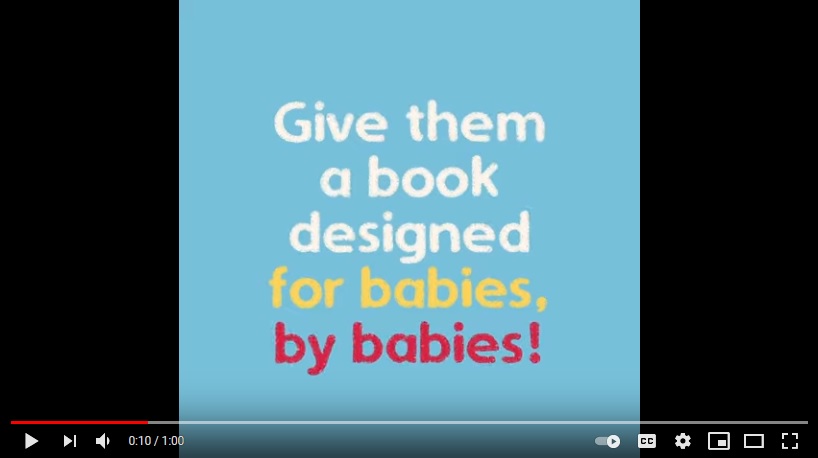 Moimoi--Look at Me!: Shapes, Colors, and Sounds That Will Soothe Your Crying Baby
Moimoi--Look at Me!: Shapes, Colors, and Sounds That Will Soothe Your Crying Baby
 Book you're an evangelist for:
Book you're an evangelist for: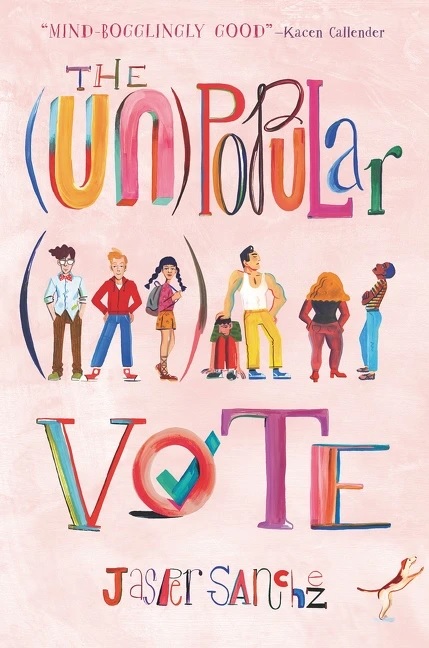 Jasper Sanchez's dynamic #ownvoices debut, The (Un)Popular Vote, conveys the raw energy and tenderness of protagonist Mark Adams and his passionate, politically-minded queer friends as they embark on the student government campaign trail.
Jasper Sanchez's dynamic #ownvoices debut, The (Un)Popular Vote, conveys the raw energy and tenderness of protagonist Mark Adams and his passionate, politically-minded queer friends as they embark on the student government campaign trail.